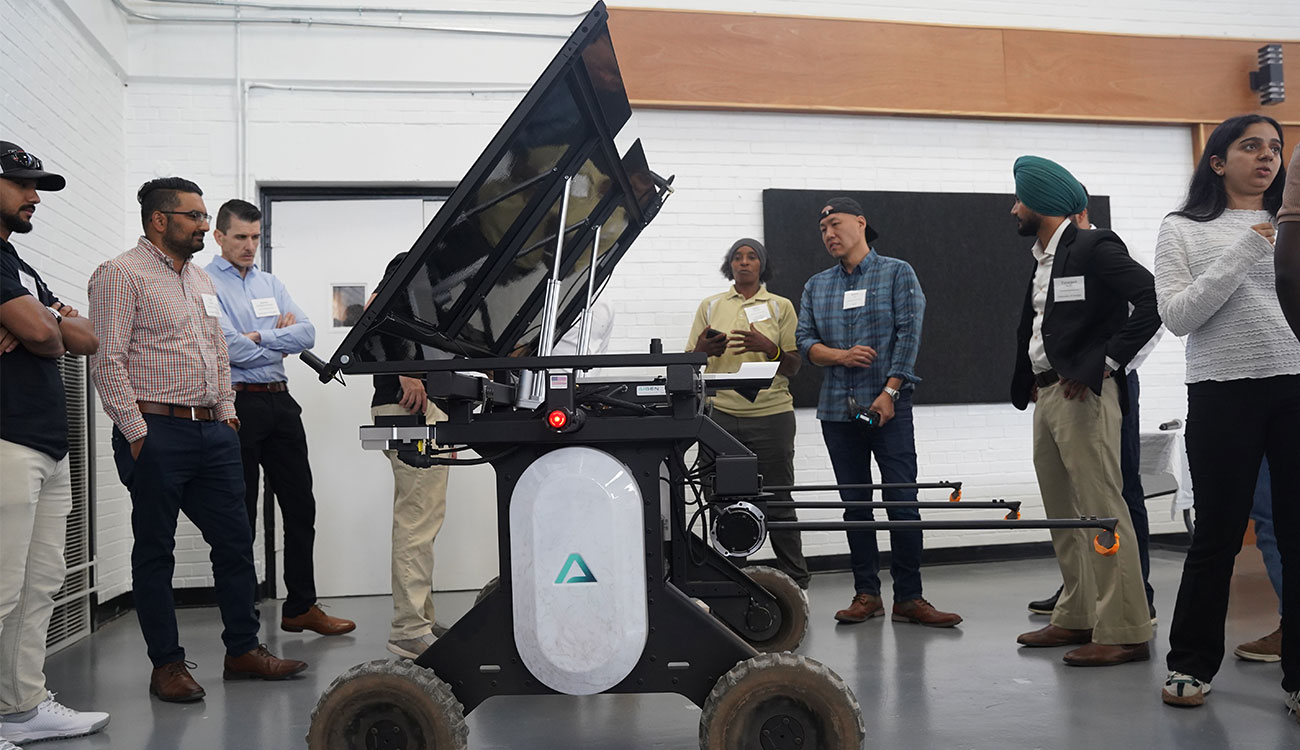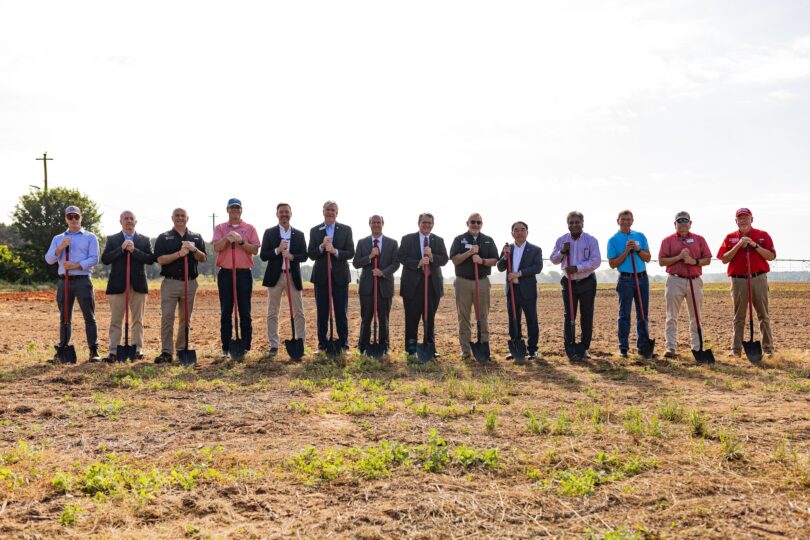By Wade Hutcheson
University of Georgia
What if raindrops had personalities? What if they got to know each other in the clouds before bailing out? Can you imagine the conversations?
"Hey Ralph, you ready to go?"
"Yeah, Morty. Just give me a minute."
"We're over the fields in 30 seconds. Remember what you said happened the last time you were late. You landed in town. Heh-heh."
They bail out of the cloud, Ralph first, with Morty close behind. "Ball up tight," Morty yells. "You'll stay together better, and the spin is incredible!"
They land a mile apart, and only one is smiling.
Ralph hits a hayfield and is immediately absorbed by the soil and grabbed by grass roots. He will wait there until plant processes are completed and transpiration releases him back into the air.
Morty, though, lands in town, in a well-watered, manicured yard that's just been fertilized and treated with herbicide. The herbicide has chemically bonded to the soil, but the rain diminishes its effect. Most of the fertilizer runs off with the collected raindrops into a pond, making the algae and other weeds flourish so the owner will have to use herbicides.
Are you helping or hurting the water quality problem?
Yes, my imagination ran wild. But the point is this: What we do, or allow to happen, in our landscape affects water quality. Water runs downhill, and we all live downhill from somebody. Do your best to be part of the water quality solution and not the problem.
The solution isn't always a pesticide or more fertilizer. In fact, if a gardener does his homework first, he can prevent many problems and save time and money.
The best way to avoid plant pest and disease problems is start with a healthy plant. That means matching the site and soil with the right plant, properly planted, watered and fertilized.
After that, make regular inspections. Get out and enjoy the landscape at least once a week to know what's going on with your plants.
By the time most people detect a disease problem, fungicides aren't going to help. Most bug problems don't require a pesticide, and there are other ways to handle weeds.
The solution isn't always a chemical. Did you ever stop to think that something you did or didn't do when that plant was planted might be the problem?
I'm not saying never use chemicals. They're one tool in the toolbox. When you use them wisely, according to the label, they can accomplish the desired result.
But take the time to identify the problem, research your control options and take the route best suited to achieve control with the least negative impact on our environment. And if the label says 1 ounce per gallon, 2 ounces per gallon won't kill it any deader.
Again, I'm not saying chemicals cause all the water quality problems, but I'm writing to gardeners now, and many gardeners reach for a chemical first, no questions asked.
Silt and sediment are the big culprits
The biggest cause of water quality problems is silt and sediment stemming from erosion. Like it or not, even our pets are a part of the problem. So are all the things, from cans to cars, that people throw away, often into creeks and rivers.
But we left Morty in the middle of the pond. The fertilizer was all gone by the time he got there, but it was feeding weeds.
Morty found his way into the pond's spillway and then the creek, river and ocean. It took a while, but eventually he rejoined the clouds and was ready for another trip. He and Ralph, though, were separated forever. That happens when you're a raindrop.
That's all I know about Ralph and Morty. To learn more about how your gardening practices can contribute to improved water quality, though, contact your county office of the University of Georgia Extension Service.






